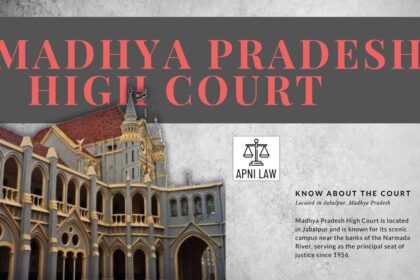The Jharkhand High Court ruled that mental illness as a ground for divorce under Section 13(1)(iii) of the Hindu Marriage Act, 1955 must be backed by solid, reliable evidence. A division bench of Justice Sujit Narayan Prasad and Justice Rajesh Kumar dismissed a husband’s appeal. He has been seeking divorce on grounds of cruelty, desertion, and his wife’s alleged mental illness. The Court held that vague claims or oral allegations cannot justify divorce. The husband failed to provide key evidence like a psychiatrist’s opinion or records of ongoing treatment. The Court emphasized that the burden of proving incurable unsoundness of mind lies on the person seeking divorce. Despite his claims, no credible documents supported the allegations. The wife, on the other hand, expressed her willingness to continue the marriage and fulfill her marital duties.
The High Court upheld the Family Court’s decision, stating that expert opinions must be backed by facts, and mere assertions are not enough. This judgment reinforces that Section 13(1)(iii) requires cogent, documentary proof to dissolve a marriage based on mental disorder.








